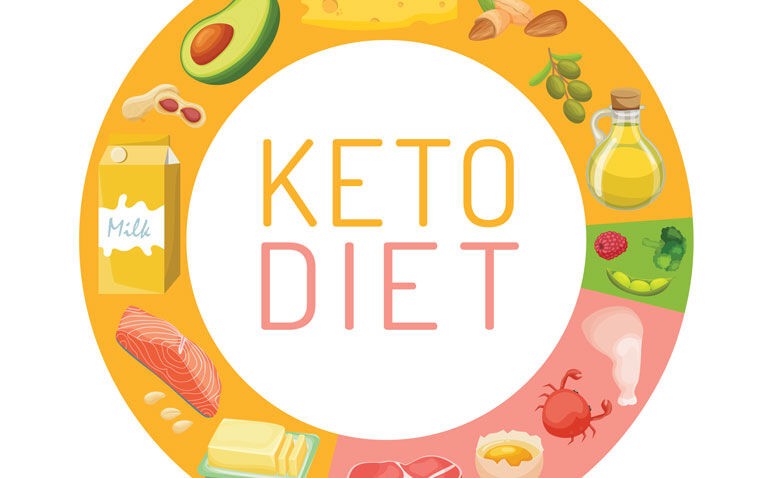A ketogenic diet was found to be associated with increased levels of LDL cholesterol and double the risk of an adverse cardiovascular event.
In a study presented at the American College of Cardiology (ACC) Scientific Session/World Congress of Cardiology (WCC) 2023, researchers described how following a ketogenic diet, involving consumption of very low amounts of carbohydrates and high amounts of fats, appeared to increase levels of LDL cholesterol and the risk of an adverse cardiovascular event.
A ketogenic diet, also referred to as a low carbohydrate, high fat (LCHF) diet, contains high amounts of fat (55-60%), 30-35% protein and 5-10% carbohydrate.
Overall, it seems that a ketogenic diet plays appears to play a significant therapeutic role in various cardiometabolic diseases and there is certainly evidence of a benefit when used as an intervention for overweight patients with type 2 diabetes.
However, despite these advantages, others have raised concerns that a ketogenic diet has the potential to exacerbate or cause hypercholesterolaemia in patients with or without underlying genetic hyperlipidaemia.
Nevertheless, whether a ketogenic diet over time gives rise to adverse cardiovascular events is unclear given the absence of long-term data.
The study presented at ACC/WCC tried to answer this question and researchers used information from data held in the UK Biobank and identified individuals meeting their their definition of a ketogenic diet diet, i.e. no more than 25% of total daily calories from carbohydrates and more than 45% from fat.
These individuals were then matched to a group who self-reported eating a normal diet.
The main outcome of the study was the effect of a ketogenic diet on serum lipids whereas a secondary outcome was the composite incidence of adverse cardiovascular events (e.g., angina, myocardial infarction, coronary artery disease, ischaemic stroke, peripheral arterial disease, or coronary/carotid revascularisation.)
Ketogenic diet outcomes
A total of 305 participants eating a ketogenic diet diet were matched with 1,220 eating a standard diet. The mean age of the sample was 54, some 73% were women and the mean body mass index (BMI) of 27.7 compared to 26.7 on the standard diet.
After an average follow-up of 11.8 years, a ketogenic diet gave rise to higher LDL cholesterol levels compared to a standard diet (3.80 vs 3.64 mmol/L, p = 0.004). There was also a significantly higher level of apolipoprotein B (1.09 vs 1.04 g/L, p < 0.001).
However, after adjustment for cardiovascular risk factors, such as diabetes, hypertension, obesity and smoking, researchers found that 9.8% of those on a ketogenic diet and 4.3% on a standard diet experienced an adverse cardiovascular event (adjusted hazard ratio, aHR = 2.18, 95% CI 1.39 – 3.43, p < 0.001).
Despite these findings, the authors did acknowledge the limitations of their study in that the information was self-reported and based on a single time-point. They also noted how not everyone responds to a ketogenic diet in the same way.
Source
‘Keto-Like’ Diet May Be Linked to Higher Risk of Heart Disease, Cardiac Events. ACC Anywhere.










